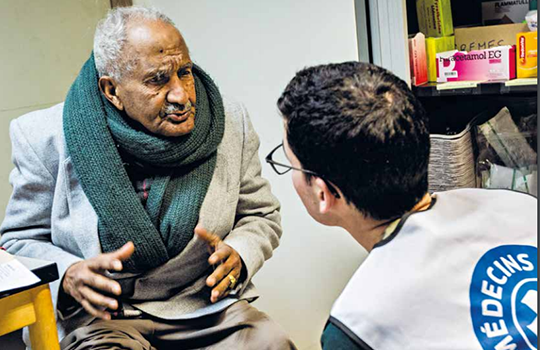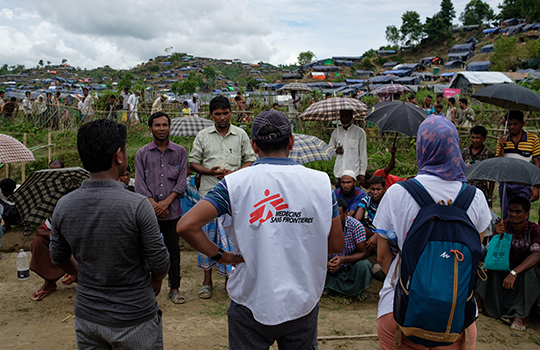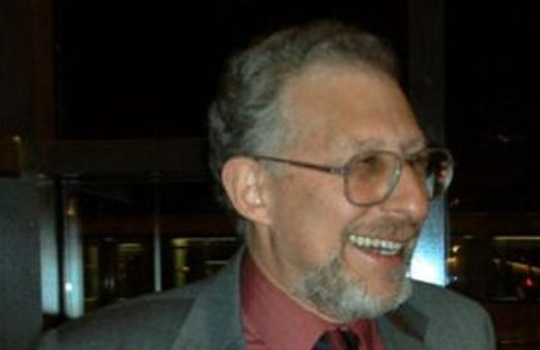Pathology underpins all branches of medical practice. It provides the core of medicine and is key to understanding the mechanisms by which disease is produced and progresses. Medicine cannot be learnt, understood, and practised without sufficient undergraduate exposure to pathology. Undergraduates need a solid understanding of pathology to embrace major advances during their medical careers, […]
Jangu Banatvala: Undergraduate pathology teaching needs resuscitation









